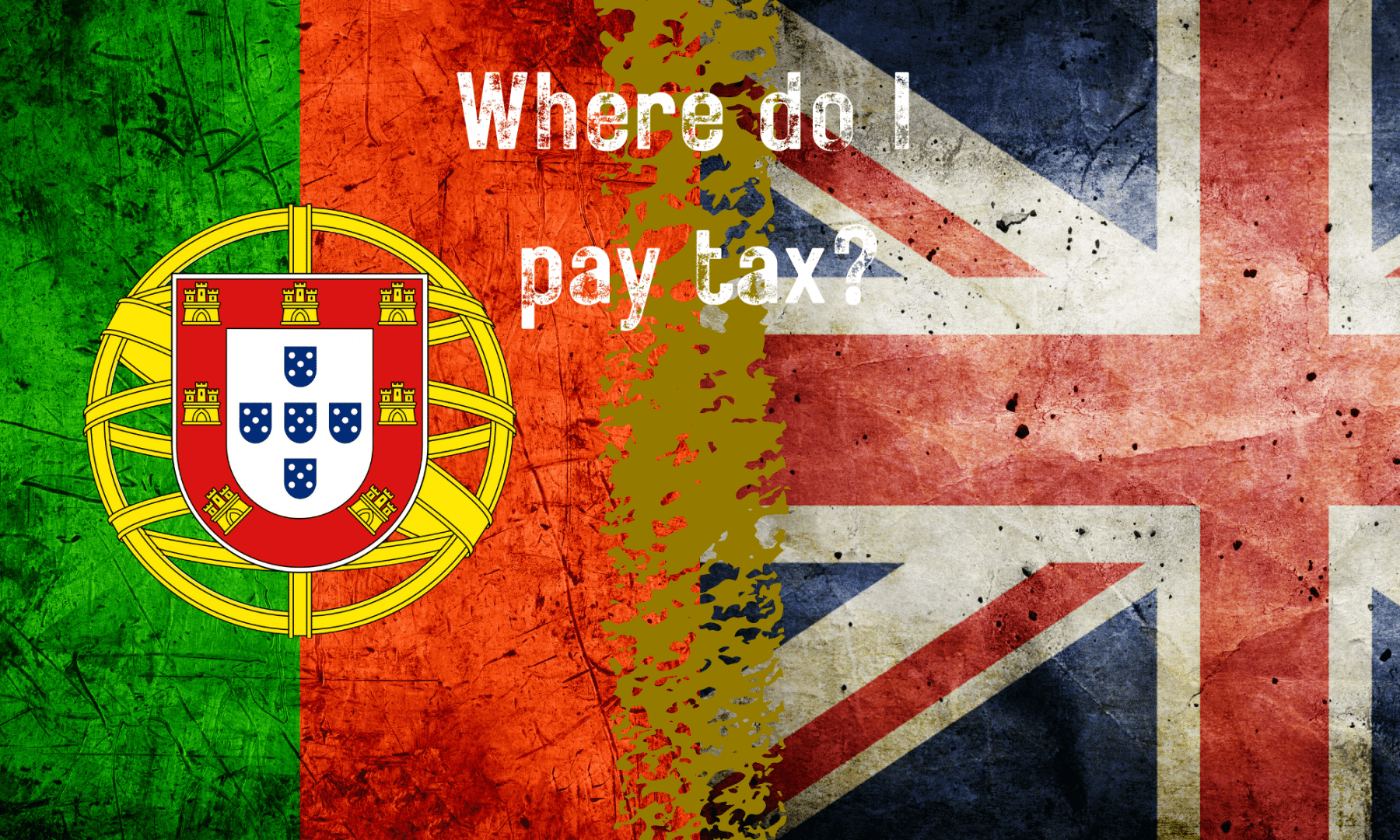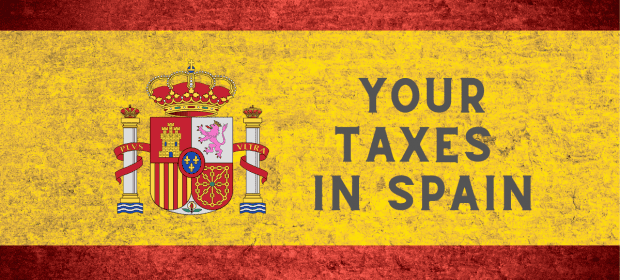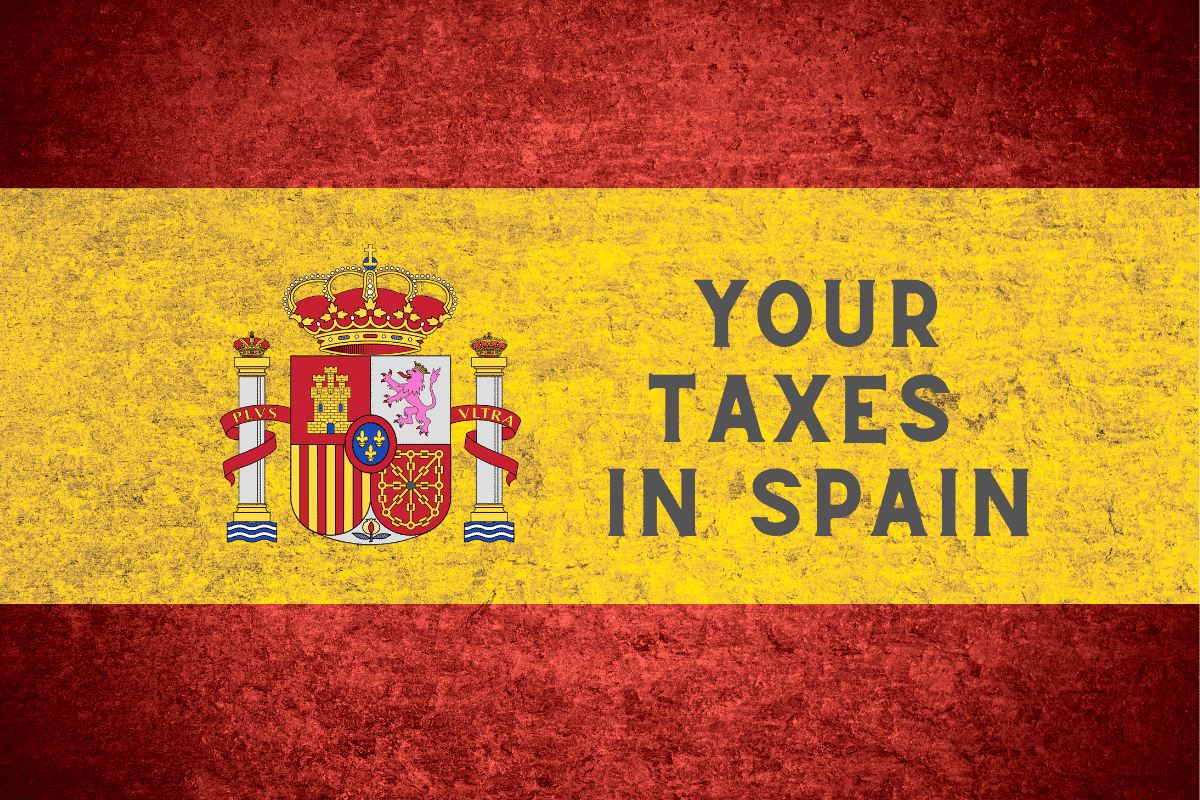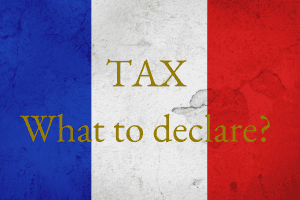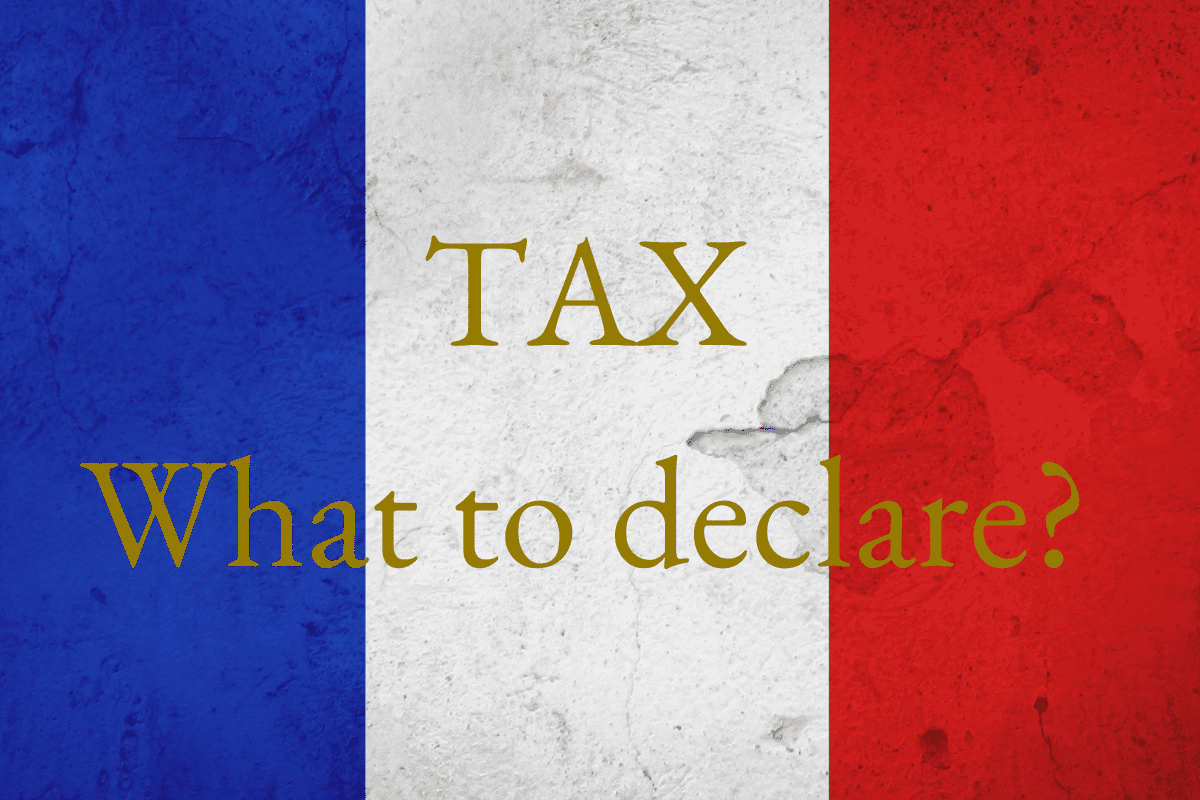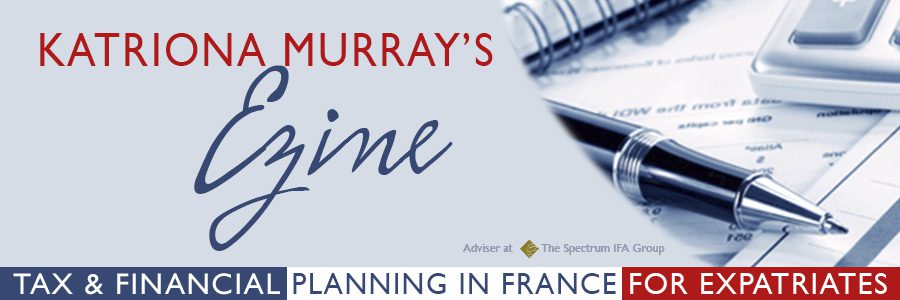There is a lot of confusion around the difference between residency, tax residency, Non-Habitual Residency and domicile so this week I will try and cut through this complexity.
Legal residence
Legal residence is the right to reside in a country. So, if you are an EU citizen, you have the automatic right to reside in any other EU country without the necessity for a visa. If you are coming from outside the EU, you must apply for a visa to establish your residency rights.
Legal residence is important as it determines how long you are allowed to spend in a country and your right to benefits such as healthcare and social security. Legal residence however does not impact or determine your tax status.
Tax residency
Generally, tax residency is determined by your physical presence in a country and Portugal, along with many other countries, uses the 183-day rule for determining tax residency.
Understanding your tax residency is important because it determines which country has the taxing right over you and can avoid double-taxation issues when you have links to more than one jurisdiction.
It is possible to have legal residence in Portugal, but not actually be a tax resident e.g. if you have the right to stay in Portugal but you do not spend enough time in Portugal in a given year to be considered tax resident.
Non-Habitual Residence (NHR)
NHR gives successful applicants a special tax status in Portugal for 10 years, but its name is somewhat misleading, as you must be a resident to apply for it.
‘Non-habitual’ actually refers to the requirement that you must not have been resident in Portugal in the 5 years prior to application, so it is aimed at attracting new people to Portugal.



